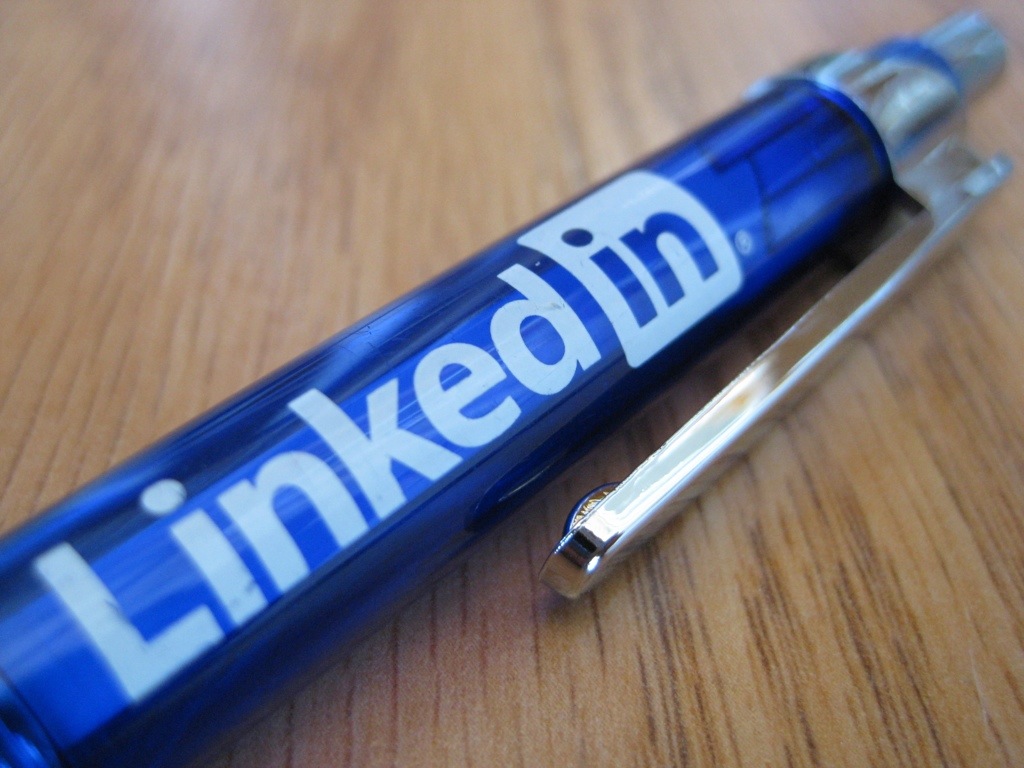 Since the middle of 2012, LinkedIn have been rolling out new features, re-designed its user interface, upgraded the ability to include media on your profile and added more features to paid products for recruiters and sales organisations.
Since the middle of 2012, LinkedIn have been rolling out new features, re-designed its user interface, upgraded the ability to include media on your profile and added more features to paid products for recruiters and sales organisations.
And now they are releasing ’Contacts’. The normal slow roll-out applies.
I predicted 4 months ago, without any prior knowledge that the natural extension of LinkedIn would be CRM (Customer Relationship Management).
I believe this is the start of it. It's a logical and sensible extension of LinkedIn, it makes complete sense. The hardest thing for sales people and marketers alike, is keeping up to date records of prospects inside customer databases, spreadsheets and address books.
Often people are employed or huge money is spent on cleaning data. There are organisations who sell directories to the most sought after professionals, like buying and HR professionals.
With LinkedIn, most business professionals will keep their details up to date. This means you have a database of contacts and prospects that will NEVER get out of date.
This is a sales professional’s and marketer’s dream. Link with this, all email communication, contact details and records of calls and interaction and you've got your dream CRM.
So now sales organisations have the triad of contact information directly inside LinkedIn, a ’social profile’, ’sales navigator’ and ’contacts’.
I can well imagine how this will develop further and do I think it would be worth upgrading to a premium account for this? Oh yes indeed I would. I am already a premium member anyway and was doubting some of the benefits, but now I can see how a premium member will receive some additional benefits in this integrated LinkedIn world.
By the way I don't think contacts is a charged product, but there are some features that are only available for premium members, what exactly I won't know for sure until I see the release.
The way I see it at the moment is that LinkedIn are the ’Apple’ of social media/networks. Facebook is the ’Microsoft’ and Twitter is just a ’News Ticker’ feed.
LinkedIn has developed a higher quality user interface compared to the others and its continuing to enhance this on their website as well as mobile.
They don't suffer from the volume of events and games invites either and now I know why they switched-off events last year. It's all making sense to me.
Their vision is right and they are doing the right things.
I am quite impressed as you can tell and I don't even work for the company!
If you want to learn how to create a great LinkedIn profile for FREE join me on my weekly surgery on google hangout.
http://stayingaliveuk.com/linkedinstinct/
If you want to swipe through hundreds of FREE insights and tips follow this link.
http://storify.com/stayingaliveuk/linkedinstinct/slideshow
Success with your LinkedIn journey, it will be worth it.















